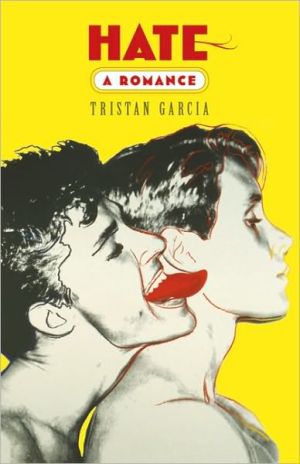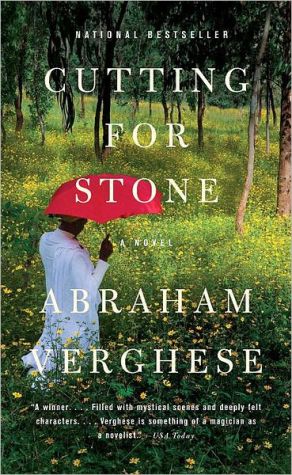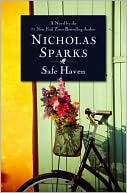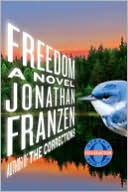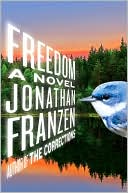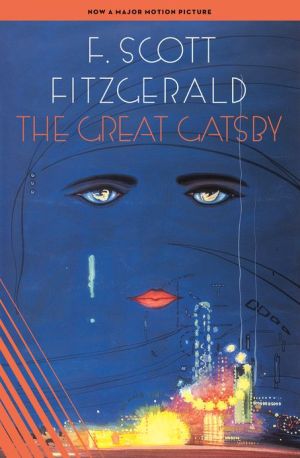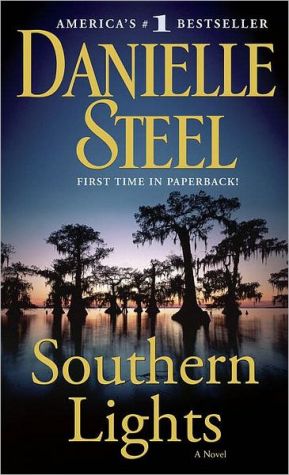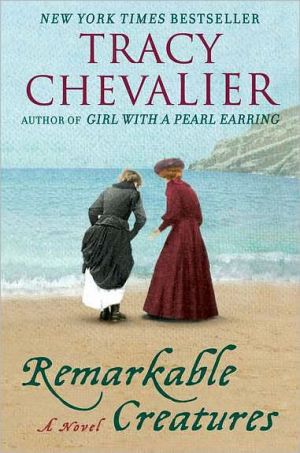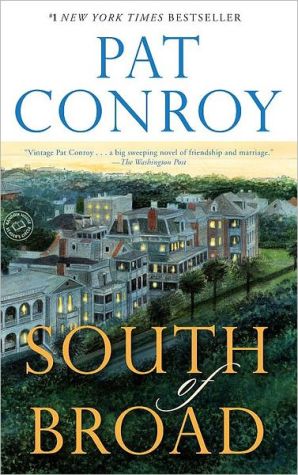Hate: A Romance
In a controversial first novel that took the French literary world by storm and won the Prix de Flore, Tristan Garcia uses sex, friendships, and love affairs to show what happens to people when political ideals—Marxism, gay rights, sexual liberation, nationalism—come to an end. As Elizabeth Levallois, a cultural journalist, looks back on this decade and on the ravages of the AIDS epidemic in Paris, a drama unfolds—one in which love turns to hate and fidelity turns to betrayal, in both affairs...
Search in google:
Paris in the eighties. Four friends. Three men and one woman. Two affairs that destroy a life. In a controversial first novel that took the French literary world by storm and won the Prix de Flore, Tristan Garcia uses sex, friendships, and love affairs to show what happens to people when political ideals—Marxism, gay rights, sexual liberation, nationalism—come to an end. As Elizabeth Levallois, a cultural journalist, looks back on this decade and on the ravages of the AIDS epidemic in Paris, a drama unfolds—one in which love turns to hate and fidelity turns to betrayal, in both affairs of the heart and politics. With great verve and ingenuity, Garcia lays claim to an era that promised freedom as never before, and he paints an indelible, sharp, but sympathetic portrait of intellectuals lost in the age of MTV.The New York Times - Alexander NazaryanDespite its cultured Gallic sensibilities, Hate…is surprisingly taut and readable. Garcia, a trained philosopher, has managed to write—in fewer than 300 pages, no less—the kind of social novel his American counterparts too often avoid in favor of solipsistic musings.
HATE: A ROMANCE (Chapter 1) The Four of Us Willie\ William Miller, in the photos he showed me, looks like a subdued little kid, well-behaved and dull.\ He was born in Amiens, in 1970, where he always told me he spent a childhood that seemed happy at the time and terribly sad in retrospect. He had an open face and thick eyebrows. He was a slow student—to put it bluntly, he was no genius—and the one time I heard him describe a memory of first grade, it was of always having to pee and being made fun of. He was a bed wetter. Otherwise there was nothing especially martyrlike about him.\ His father, an Ashkenazi Jew, was in the garment business. He opened a shop in Amiens near the mairie which failed, so he went to work as a salesman in a department store selling linens.\ His mother was a housewife.\ William had two brothers, I never knew their names. He was the youngest. He was still little when he started wearing glasses. His parents got divorced when he was ten. William stayed with his mother in their house near Étouvie. His father moved into an apartment. William didn’t see him after that, or not much of him anyway. They weren’t close. His father, when he had to take him for the weekend, used to leave him with his aunt, in Compiègne, where William liked to pretend he was a king or a knight in the ruins of the castle, sticking close to the parking lot.\ One day we were talking about it, in a leather banquette near the bar. He was winding his big silver watch, fiddling with his wig, he was laughing, and I remember him saying, “At the time I thought it was normal, I didn’t feel good or bad, if you see what I mean. Now that I’ve been around a little, I realize it was wretched.”\ He was smiling. His brothers were tall—the older one, I think, works for the city, the second one had run away, he ended up in reform school, then the army. From the age of eight or nine, all through William’s adolescence, he basically had no communication with them, except when one of them asked what was in the fridge. He got fat.\ “Looking back, you realize how many silences there were in a house like that, where the love had just broken in two, you know. Like a string…”\ He played tennis. It was his father who signed him up to play sports. He didn’t like his body, he’d have rather they left him alone. He wasn’t much good, and he spent hours at a time in the toilet. As the years went by he started to have a few friends, all girls. He made friends with some boys, it’s true, in grade school, he said, but never anything deep. There was this one boy, Guillaume, who he practiced tennis with on Sundays, but then Guillaume moved east for vocational school. He had red hair, he never talked, he had no sense of balance on a bike. There’d been a couple of birthday parties, at his house. That was pretty much it.\ He was crazy about Star Wars, it became a real obsession. He was always dreaming about Chewbacca and the Ewoks and their planet, and the Empire, and the Millennium Falcon and bipods, the AT-STs at the base on Hoth. He told me once, when the prequels finally came out twenty years later, “That was my way of being a boy.”\ Whenever the doorbell rang, his mother would call out, “Don’t open it, you don’t know who it is.” Maybe this was because of the scandal that erupted, before the divorce, when his father’s mistress burst into their house in a rage, her red hair wild.\ William often got phone calls from girls, he always loved to act as a confidant—so he said. But if you ask me, I never saw him really listen to anyone: he was always the one who talked. His friends just tried to keep up.\ In lycée he kept to himself, and he got mediocre grades. You could see the red pen on his compositions (“messy”) and his report cards (“fair”). They put him in the economics and social sciences track, and the next thing he knew he’d got his bac without even having asked for it. He had longish hair back then—not like anyone’s in particular, it wasn’t as if he had some idol who wore it that way. At least, I doubt it. He just didn’t go to the barber. And he wore button-downs. He had that cupid’s bow which everyone would fall in love with, later on, and which back then was covered with peach fuzz. To be blunt, it wasn’t a very good look—even clean, somehow it looked grubby. He listened to classical music compilations and French variety songs. He started to read poetry because of a teacher; then he discovered rock, but never really explored it. He liked dance music, but not dancing. If you asked about those years, he wouldn’t try to explain, just shrug. “What did I like?…” I don’t think he knew where he belonged.\ He didn’t start hating his father all at once. It happened in stages. He learned to express himself by running his father down, little by little at first, to other people, to strangers he met. He took a little room in student housing. He enrolled in a program studying sales.\ At first he fit in, more or less. He was a little too shy, but he knew enough to smile if you tapped him on the shoulder. He was a bad talker—but in a nice way. An interesting way. He had big, hairy hands, which he was embarrassed about. He felt uncomfortable wearing a tie, and yet sometimes he could be sharp, he was lively, and he could clean up nicely when he had to.\ “You’re like a butterfly coming out of its cocoon, William. Soon you’ll spread your wings.” That’s what his boss told him during his first internship. Will’s admiration for this guy was boundless: he was a bon vivant, a dynamic personality, someone who’d mastered life. When he snapped his fingers it had the force of truth.\ Will never understood what happened, though he worried and worried about it. Something occurred between them, something scandalous and wrong, even if no one ever knew. So William left Amiens, he was barely nineteen, in 1989, the year the Berlin Wall came down—but as he liked to say, what side did it fall on?\ “What did the Wall come down to? Really, I’m asking.”\ He stumbled off to Paris, Gare du Nord—no job, no nothing. Less than nothing.\ He met Doum a year and a half later, in June.\ HATE: A ROMANCE Copyright © 2010 by Tristan Garcia
\ Publishers WeeklySpinning out the tale of her relationships with three men in Paris from the 1980s to the present, Liz, the narrator of this disappointingly flat import, largely lets life happen around her as her friends and lovers have spectacular highs and lows. While the Liz's men friends embark on interesting lives--the HIV-positive Willie becomes an outspoken proponent of unprotected sex and finds himself a countercultural icon of sorts, while Doumé, Willie's ex and a proponent of safe sex as "the public face" of a gay-rights organization, rails against him--she watches the drama and sometimes takes a bit of abuse. Her tepid affair with married intellectual Liebo seems to keep her content, but, of course, the situation isn't exactly ideal for her or for him. Garcia's story is certainly not lacking in drama, or--thanks to flamboyant Willie--histrionics, but despite a fluid translation, there's very little to inspire interest in or empathy for characters as passive as Liz or singularly self-obsessed as the others. (Nov.)\ \ \ \ \ From the Publisher“Among the first novels we read this season, the most mind-blowing is by twenty-seven-year-old Tristan Garcia: Hate: A Romance, a morality tale that grapples with the political and intellectual battles of the last two decades of French life and how those are caught up in the sex lives of the protagonists. A novel we’re still reeling from, and which we’ve chosen to put at the very top of our honor roll.”—Les Inrockuptibles\ “One of the revelations of the literary season . . . An intimate, romantic, political, and cultural fresco [of the 1980s], a portrait startling in its accuracy.” —Christine Rousseau, Le Monde\ “The real eye-opener of the season . . . A novel that made me reassess a decade that I’d lived through with my eyes closed. It took an upstart philosopher . . . to make me understand what was going on when I was twenty years old, when the Left became the Right.” —Frédéric Beigbeder, author of Windows on the World and founder of the Prix de Flore\ \ \ \ Kirkus ReviewsFour Parisians navigate a shifting personal and political landscape in a modern, sexually liberated Europe.\ Tracing the rise, fall and subsequent reinvention of a generation through a few key relationships, this deliberately provocative novel makes for a gossipy snapshot of the French intelligentsia. The narrator, Elizabeth "Liz" Levallois, is a chic pop-culture journalist who is conducting a longtime affair with Jean-Michel "Leibo" Leibowitz, a married Jewish intellectual best known for writing a book about fidelity. A one-time leftist, he finds himself, as the years go by, shifting to the right, taking on a contrarian's role. Liz writes for the same newspaper as Leibo's college pal Dominique Rossi, aka Doum, a local gay icon who came of age in the fabulous, anything-goes '80s. Liz fatefully introduces him to William Miller, aka Willie, a naïve younger man from the provinces. They fall in love, with Doum, who is HIV positive, taking the self-absorbed Willie under his wing. After the two split up, Doum, in the spirit of the times, takes a leadership role advocating for safe sex within the gay community. Willie, motivated by perversity, self-destruction and a twisted kind of love, consequently makes a name for himself as a defiant anti-safe sex ambassador. Preaching a subversive "no condoms" gospel, Willie becomes more and more obsessed with "destroying" his ex. Lacking Doum's connections and coherence, he posts humiliating and pornographic photos of Doum on the Internet, and gets him marginalized in the gay-activist organization that he founded. But eventually, enough is enough, as Doum teams up with Leibo for a book and media tour that manages to make them both relevant again. Meanwhile, fading enfant terrible Willie spirals out of control–with disastrous results. That leaves a rueful Liz to pick up the pieces and question her choices. A sensation when it was first released in the author's native France, Garcia's debut is filled with multiple cultural touchstones and a "you had to have been there" insider quality that could put off some readers.\ Edgy, pretentious romanàclef.\ \ \ \ \ \ Alexander NazaryanDespite its cultured Gallic sensibilities, Hate…is surprisingly taut and readable. Garcia, a trained philosopher, has managed to write—in fewer than 300 pages, no less—the kind of social novel his American counterparts too often avoid in favor of solipsistic musings.\ —The New York Times\ \
